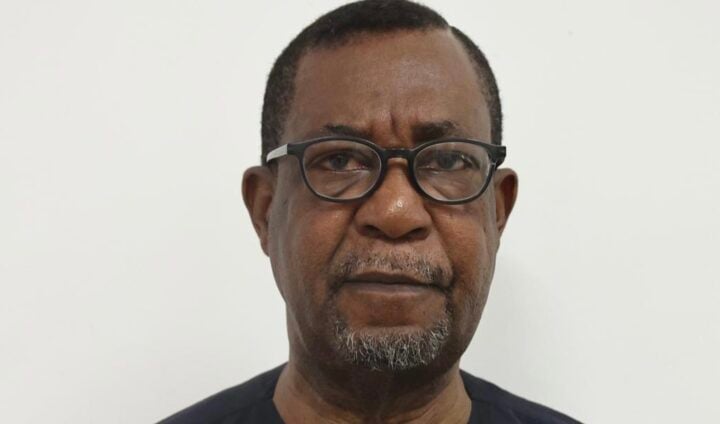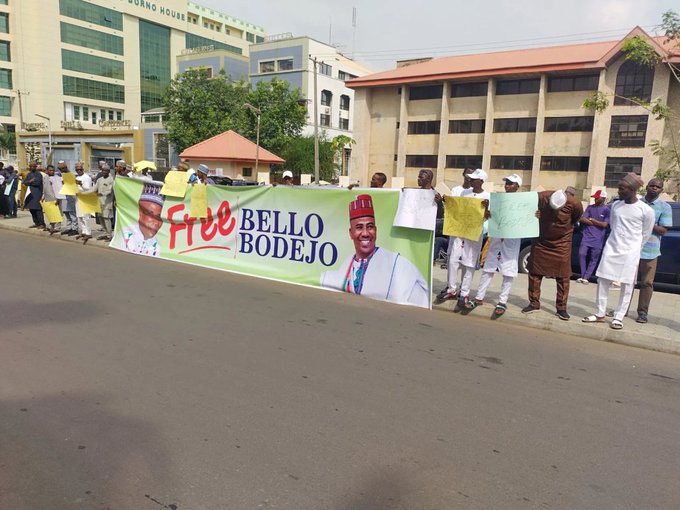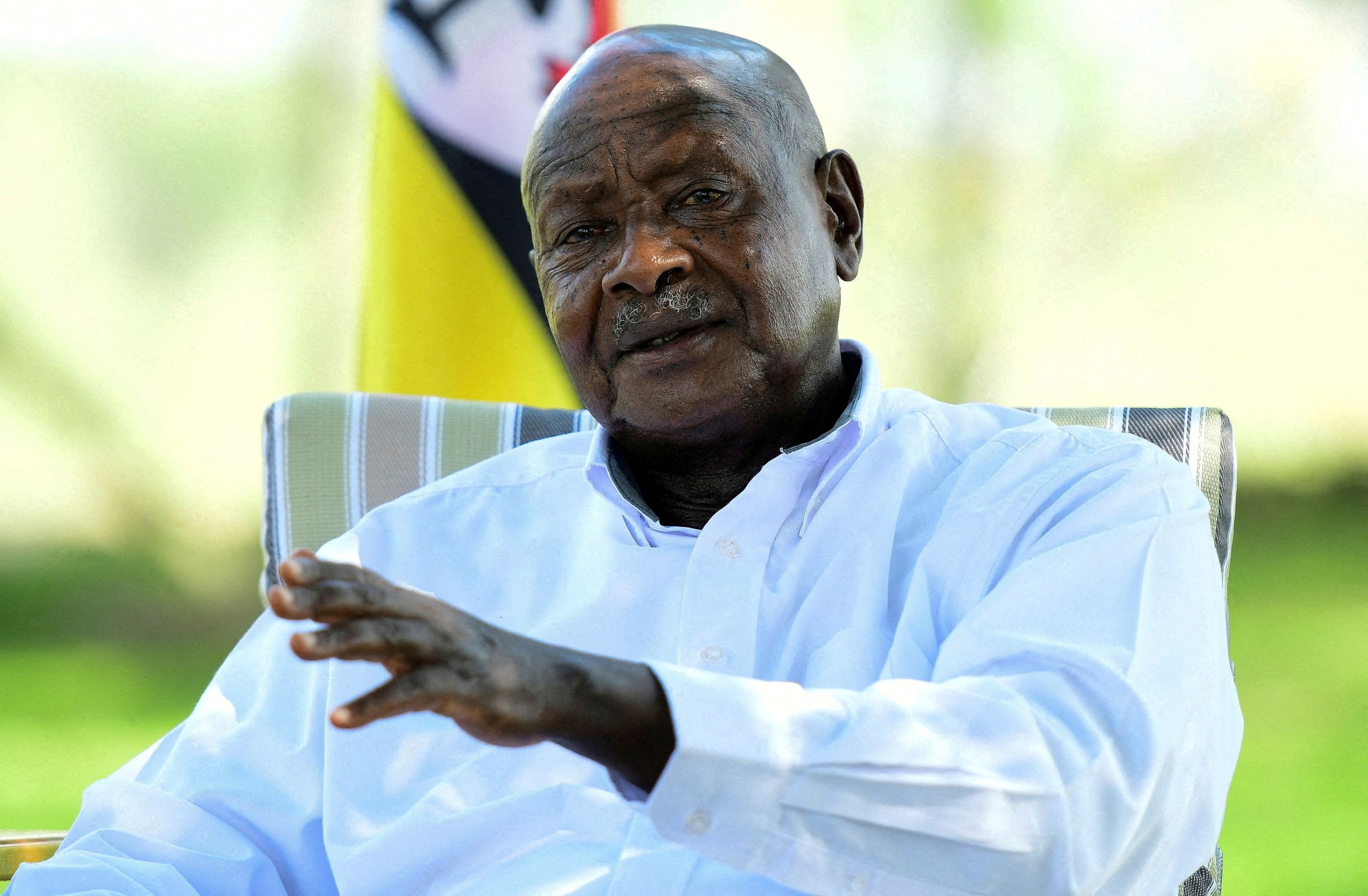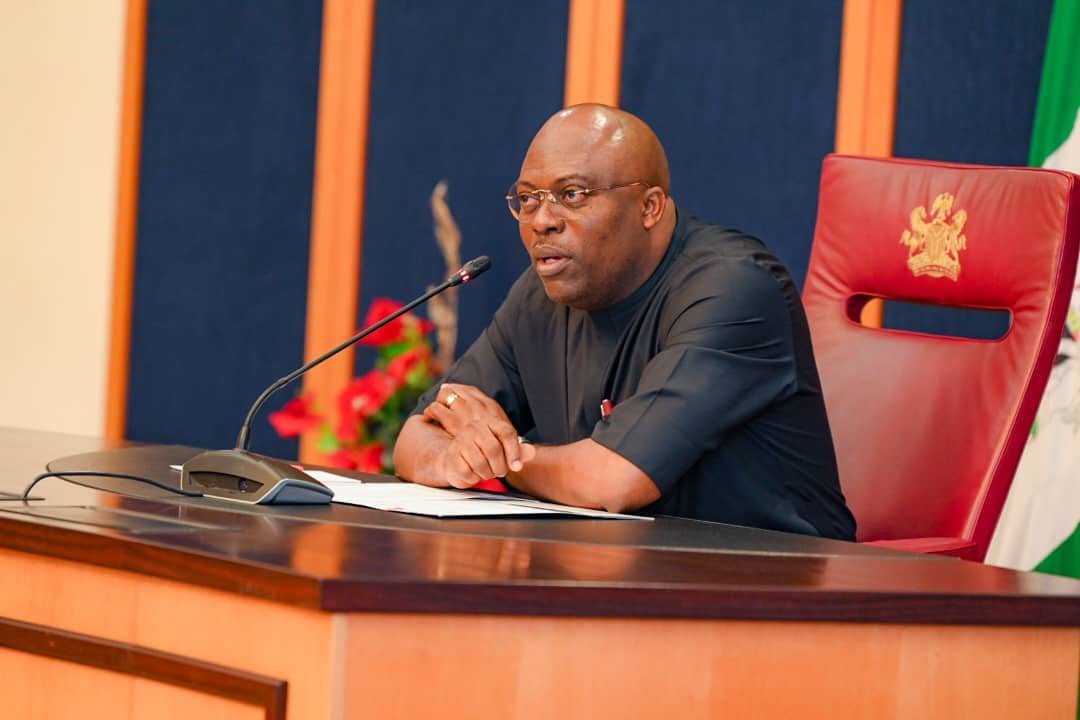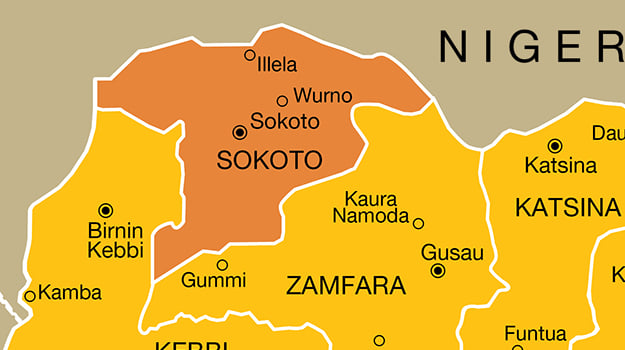Olu Agunloye, former minister of power
Olu Agunloye, a former minister of power and steel, says Lateef Fagbemi, attorney-general of the federation (AGF) and minister of justice, did not issue a fiat to the Economic and Financial Crimes Commission (EFCC) to prosecute him.
Addressing the court on Thursday, Adeola Adedipe, counsel to Agunloye, said contrary to constitutional provisions, the AGF did not give EFCC the fiat to investigate and institute proceedings in the case against his client.
“The AGF did not give a fiat for the prosecution of this case. It was the solicitor-general of the federation that gave a fiat to the EFCC when it had no such powers under Sec 174 of the 1999 Constitution (as amended). It is the exclusive preserve of AGF,” Adedipe said.
“I urge my noble lord to take judicial notice under Sec 124 of the Evidence Act that the AGF was sworn in as minister on August 21, 2023, and this charge before my lord was filed on September 2023.”
Advertisement
Adedipe referred the court to the defendant’s further affidavits and reply on point of law wherein he stated that “the propriety or otherwise of EFCC’s powers to investigate and prosecute this charge, after the supreme court’s decision in Nwobike v. FRN (supra), is a nagging and recondite issue, which smacks of arbitrariness, executive lawlessness and overt usurpation of judicial powers”.
“To further demonstrate that the honourable attorney general of the federation has no support for this prosecution by the EFCC, in recent times, all matters related to alleged criminal investigations connected to public servants have been directed to the ICPC for investigation,” the counsel added.
Agunloye’s lawyer further prayed the court to grant a motion seeking to invite “amici curiae” to intervene and give opinions on the criminal charge filed against the former minister.
Advertisement
An amicus curiae (friend of the court) is an individual who is not a party to a litigation, but volunteers or is invited to advise on some pending matter.
Agunloye is seeking the intervention of Fagbemi, the AGF; Yakubu Maikyau, president of the Nigerian Bar Association (NBA); Joseph Daudu, former NBA president; and Kanu Agabi, a former minister of justice.
Responding, Abba Mohammed, prosecution counsel, said the supreme court decided in FRN vs Osahor and others that the power of the AGF under section 174 of the constitution is not exclusive to him.
Mohammed argued that the ruling implies that other authorities can initiate criminal proceedings in court.
Advertisement
He added that in the instance case, the AGF did not complain that EFCC usurped his power.
Mohammed added that the court of appeal had decided in Audu vs FRN that EFCC can prosecute offenders under the Independent Corrupt Practices and Other Related Offenses Commission (ICPC)) Act.
He said the solicitor-general of the federation, who signed the fiat was the acting AGF as of August 8, 2023, because there was no substantive minister.
He prayed the court to refuse the application to invite amici curiae.
Advertisement
BACKGROUND
The EFCC is prosecuting Agunloye over a $6 billion Mambilla hydropower contract.
Advertisement
The anti-graft agency said it traced some suspicious payments made by Sunrise Power and Transmission Ltd to Agunloye’s bank accounts.
Former President Olusegun Obasanjo had also challenged Agunloye to tell Nigerians where he derived the authority to award a $6 billion contract to Sunrise for the Mambilla hydropower project in 2003.
Advertisement
Agunloye was arraigned on a seven-count charge bordering on fraudulent award of a contract and official corruption.
Advertisement
Add a comment
